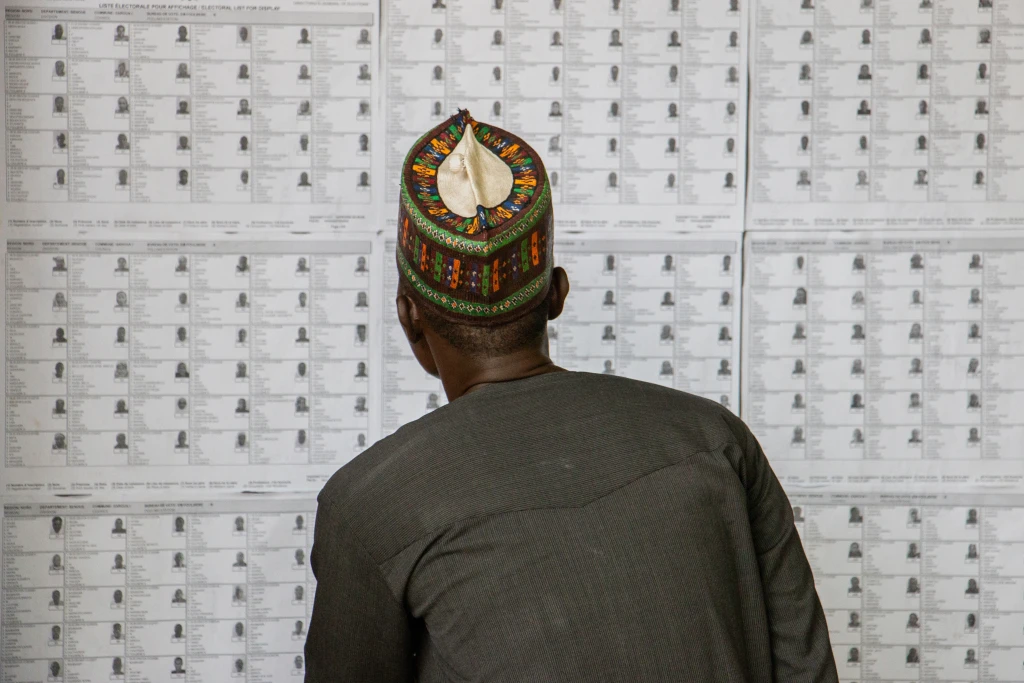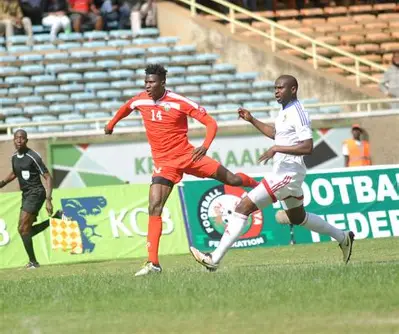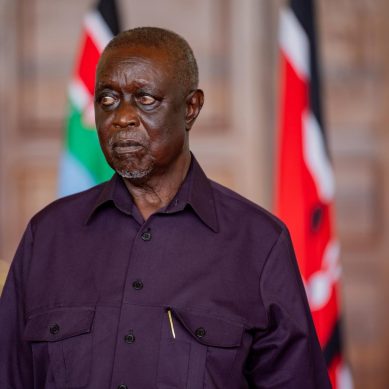
In recent public addresses and meetings with NGO officials, Afghanistan’s Taliban government has asked for increased development assistance, not least as a way to address the more than 700,000 jobs that have been lost since the summer of 2021.
“They keep asking us how to move away from the same old programmes – mobile phone repair for men and sewing projects for women – and towards more long-term projects with lasting, tangible results,” said the NGO official.
However, chargé d’affaires of the US mission to Afghanistan Karen Decker and the senior US government official insisted that until the Islamic Emirate makes the changes necessary to be considered an official government, the United States simply cannot fund development projects in the country.
“It’s hard to build roads or factories or big infrastructure projects without working with the government ministries,” said Decker, who still uses the term “so-called” when referring to Islamic Emirate ministers.
The Taliban, however, insists that a continued focus on emergency or humanitarian aid will have little impact on the lives of the people. They would rather international aid go towards longer-term projects.
One such example lies in the Spin Boldak district of the southern province of Kandahar, where recent deadly floods destroyed hundreds of acres of agricultural lands.
Mohammad Abdul Shakoor, a local elder and farmer in Spin Boldak, said he had personally appealed to provincial officials to build a 400-metre dam that would provide year-round water and prevent flooding for upwards of 200,000 homes.
“They told us they understand, but there isn’t money in the budget for such a project,” Shakoor told The New Humanitarian during a visit to flood-affected areas.
The NGO official said Shakoor’s request is exactly the kind of project they want donors, including Washington, to move towards funding. “It’s tricky though, trying to convince them to take on such things” when they’re still so averse to anything that looks like they are working directly with the Islamic Emirate, they added.
Beyond the issue of recognition, the NGO official said the refusal of certain governments, particularly, Washington and Berlin, to directly fund development projects also comes down to optics.
“The last thing an American or German official would want is a photo op of a new road or a bridge with Taliban officials posing in front of Islamic Emirate and German or US flags,” they said.
However, other donors have been more amenable. Both the NGO official and a former Afghan diplomat who travels to Kabul frequently said the UN, the Asian Development Bank, the World Bank, and the governments of the EU, the UK, and Japan, have all started funding development projects.
The former diplomat, who asked not to be identified due to the sensitivity of the topic, said the Islamic Emirate has been trying to change the conversation around engagement in the hope of highlighting points of opportunity rather than focusing on areas of disagreement.
“Right now, the IEA wants to reframe the narrative. They want it to be about interests as opposed to values,” said the former diplomat. “They have made it very clear they won’t budge on values, but they want the outside world to see that there are interests in Afghanistan for them and for the Afghans.”
But it’s difficult to change the narrative when there is such a disconnect around the rights of women and girls in the country. Although Afghans will say the overall situation for women and girls is better now than during the 1996-2001 period of Taliban rule, Washington insists it’s not nearly enough.
The US government official said American diplomats “always raise the inability of girls to continue their education and work in certain sectors” in every meeting with the Taliban, but they are always met with the same response: “This is an internal matter.”
Speaking to local media, Hamdullah Fitrat, deputy spokesman for the Taliban-run government, recently said the West “desires the implementation of Western-equivalent rights and essentially strives to impose Western culture” on the Afghan people.
“Right now, the IEA wants to reframe the narrative. They want it to be about interests as opposed to values.”
The New Humanitarian reached out to the Islamic Emirate’s Ministry of Foreign Affairs for comment on several matters related to the issue of engagement, but it failed to respond.
Decker and other sources did express some hope based on private meetings and the public statements of several high-ranking Islamic Emirate officials, who have acknowledged that all girls and women should be allowed to return to school and that the government must expand beyond just the Taliban.
“We know that there [are] senior Taliban leaders who have their daughters in school outside of the country, and some of them have even been open in their own statements about the importance of education,” said Decker.
However, for progress to be made towards US recognition, she said the Taliban must officially change some of its policies, pointing to increased work opportunities for women and real inclusion of non-Taliban members in the government as concrete examples of possible game-changers.
- The New Humanitarian report







